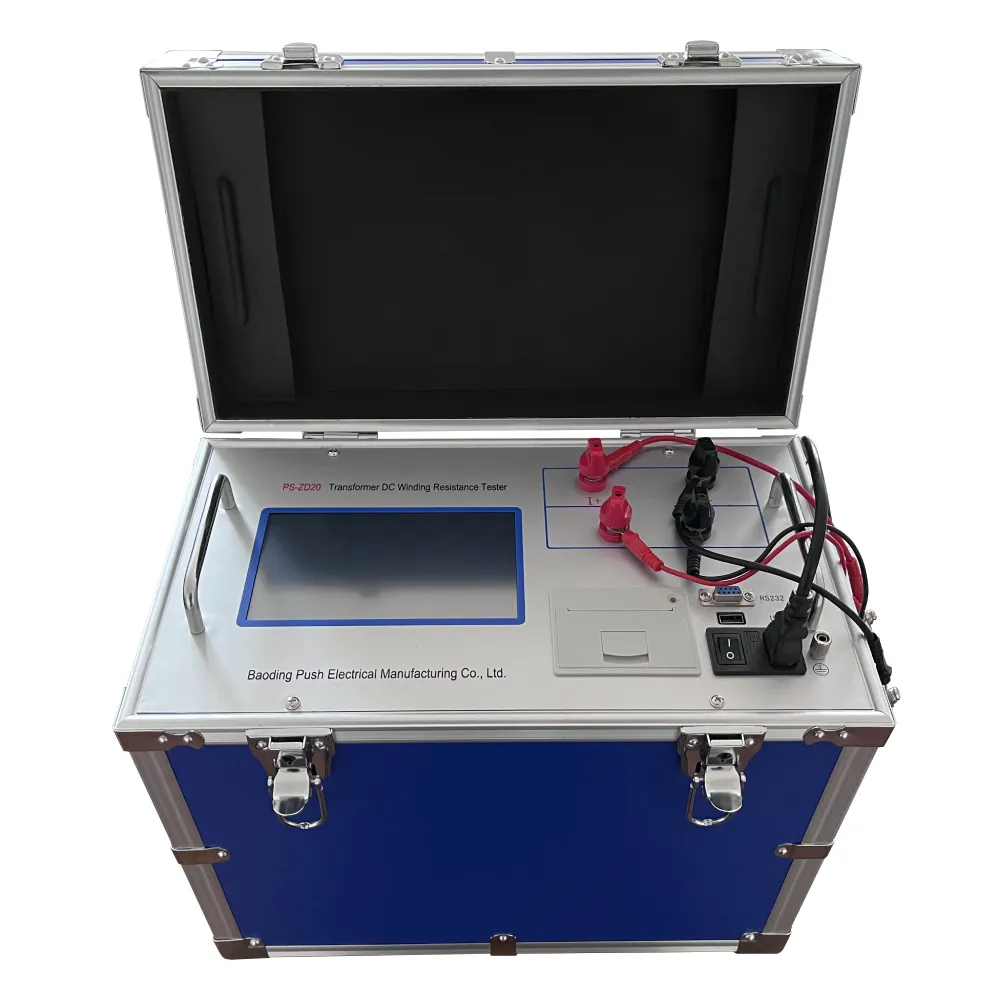TEL:
+86-0312-3189593
 English
English

Telephone:0312-3189593

Email:sales@oil-tester.com

-
 Afrikaans
Afrikaans -
 Albanian
Albanian -
 Amharic
Amharic -
 Arabic
Arabic -
 Armenian
Armenian -
 Azerbaijani
Azerbaijani -
 Basque
Basque -
 Belarusian
Belarusian -
 Bengali
Bengali -
 Bosnian
Bosnian -
 Bulgarian
Bulgarian -
 Catalan
Catalan -
 Cebuano
Cebuano -
 China
China -
 China (Taiwan)
China (Taiwan) -
 Corsican
Corsican -
 Croatian
Croatian -
 Czech
Czech -
 Danish
Danish -
 Dutch
Dutch -
 English
English -
 Esperanto
Esperanto -
 Estonian
Estonian -
 Finnish
Finnish -
 French
French -
 Frisian
Frisian -
 Galician
Galician -
 Georgian
Georgian -
 German
German -
 Greek
Greek -
 Gujarati
Gujarati -
 Haitian Creole
Haitian Creole -
 hausa
hausa -
 hawaiian
hawaiian -
 Hebrew
Hebrew -
 Hindi
Hindi -
 Miao
Miao -
 Hungarian
Hungarian -
 Icelandic
Icelandic -
 igbo
igbo -
 Indonesian
Indonesian -
 irish
irish -
 Italian
Italian -
 Japanese
Japanese -
 Javanese
Javanese -
 Kannada
Kannada -
 kazakh
kazakh -
 Khmer
Khmer -
 Rwandese
Rwandese -
 Korean
Korean -
 Kurdish
Kurdish -
 Kyrgyz
Kyrgyz -
 Lao
Lao -
 Latin
Latin -
 Latvian
Latvian -
 Lithuanian
Lithuanian -
 Luxembourgish
Luxembourgish -
 Macedonian
Macedonian -
 Malgashi
Malgashi -
 Malay
Malay -
 Malayalam
Malayalam -
 Maltese
Maltese -
 Maori
Maori -
 Marathi
Marathi -
 Mongolian
Mongolian -
 Myanmar
Myanmar -
 Nepali
Nepali -
 Norwegian
Norwegian -
 Norwegian
Norwegian -
 Occitan
Occitan -
 Pashto
Pashto -
 Persian
Persian -
 Polish
Polish -
 Portuguese
Portuguese -
 Punjabi
Punjabi -
 Romanian
Romanian -
 Russian
Russian -
 Samoan
Samoan -
 Scottish Gaelic
Scottish Gaelic -
 Serbian
Serbian -
 Sesotho
Sesotho -
 Shona
Shona -
 Sindhi
Sindhi -
 Sinhala
Sinhala -
 Slovak
Slovak -
 Slovenian
Slovenian -
 Somali
Somali -
 Spanish
Spanish -
 Sundanese
Sundanese -
 Swahili
Swahili -
 Swedish
Swedish -
 Tagalog
Tagalog -
 Tajik
Tajik -
 Tamil
Tamil -
 Tatar
Tatar -
 Telugu
Telugu -
 Thai
Thai -
 Turkish
Turkish -
 Turkmen
Turkmen -
 Ukrainian
Ukrainian -
 Urdu
Urdu -
 Uighur
Uighur -
 Uzbek
Uzbek -
 Vietnamese
Vietnamese -
 Welsh
Welsh -
 Bantu
Bantu -
 Yiddish
Yiddish -
 Yoruba
Yoruba -
 Zulu
Zulu
जन . 10, 2025 13:21
Back to list
ct pt testing equipment
Understanding the complexities of oil viscosity testing equipment is essential for industries reliant on lubricants. This specialized equipment ensures that oil maintains optimal performance levels, safeguarding machines against wear and tear. Viscosity, the measure of a fluid's resistance to flow, is critical in determining oil's capability to function under varying temperatures and pressures.
Maintaining the equipment is paramount for reliability. It's advisable to schedule regular calibrations and cleaning, using manufacturer-recommended procedures and fluids. This ensures longevity and accuracy. Companies often offer service packages, which include maintenance, repairs, and updates, to keep the equipment in peak condition. Innovative developments in oil viscosity testing equipment now include the adoption of IoT (Internet of Things) technologies. These advancements offer remote monitoring capabilities, enabling continuous real-time data collection and analysis. This paradigm shift not only highlights the importance of staying abreast with technological advancements but also underscores the need for a strategic approach to equipment investment. Training is a critical component in leveraging the full potential of viscosity testing equipment. Operator expertise significantly impacts testing accuracy and efficiency. It’s advisable for industries to invest in certified training programs to enhance skill levels and ensure that the equipment is utilized to its fullest potential. Ultimately, the choice of oil viscosity testing equipment directly impacts the quality and reliability of testing outcomes. Industries must prioritize equipment that combines accuracy, durability, and technological integration to meet evolving standards. By doing so, they not only safeguard their machinery but also ensure sustainability and performance consistency, preserving their competitive edge in a rapidly evolving global marketplace.


Maintaining the equipment is paramount for reliability. It's advisable to schedule regular calibrations and cleaning, using manufacturer-recommended procedures and fluids. This ensures longevity and accuracy. Companies often offer service packages, which include maintenance, repairs, and updates, to keep the equipment in peak condition. Innovative developments in oil viscosity testing equipment now include the adoption of IoT (Internet of Things) technologies. These advancements offer remote monitoring capabilities, enabling continuous real-time data collection and analysis. This paradigm shift not only highlights the importance of staying abreast with technological advancements but also underscores the need for a strategic approach to equipment investment. Training is a critical component in leveraging the full potential of viscosity testing equipment. Operator expertise significantly impacts testing accuracy and efficiency. It’s advisable for industries to invest in certified training programs to enhance skill levels and ensure that the equipment is utilized to its fullest potential. Ultimately, the choice of oil viscosity testing equipment directly impacts the quality and reliability of testing outcomes. Industries must prioritize equipment that combines accuracy, durability, and technological integration to meet evolving standards. By doing so, they not only safeguard their machinery but also ensure sustainability and performance consistency, preserving their competitive edge in a rapidly evolving global marketplace.
Previous:
Next:
Latest news
-
Exploring the Main Types of Industrial Endoscopes and Their Applications Across IndustriesNewsJul.04,2025
-
Testing Equipment Industry Sees Major Advancements in 2025: Smart & Precision Technologies Lead the WayNewsJun.06,2025
-
Applications of Direct Current Generators in Renewable Energy SystemsNewsJun.05,2025
-
Hipot Tester Calibration and Accuracy GuidelinesNewsJun.05,2025
-
Digital Circuit Breaker Analyzer Features and BenefitsNewsJun.05,2025
-
Benefits of Real-Time Power Quality Monitoring Devices for Industrial EfficiencyNewsJun.05,2025



